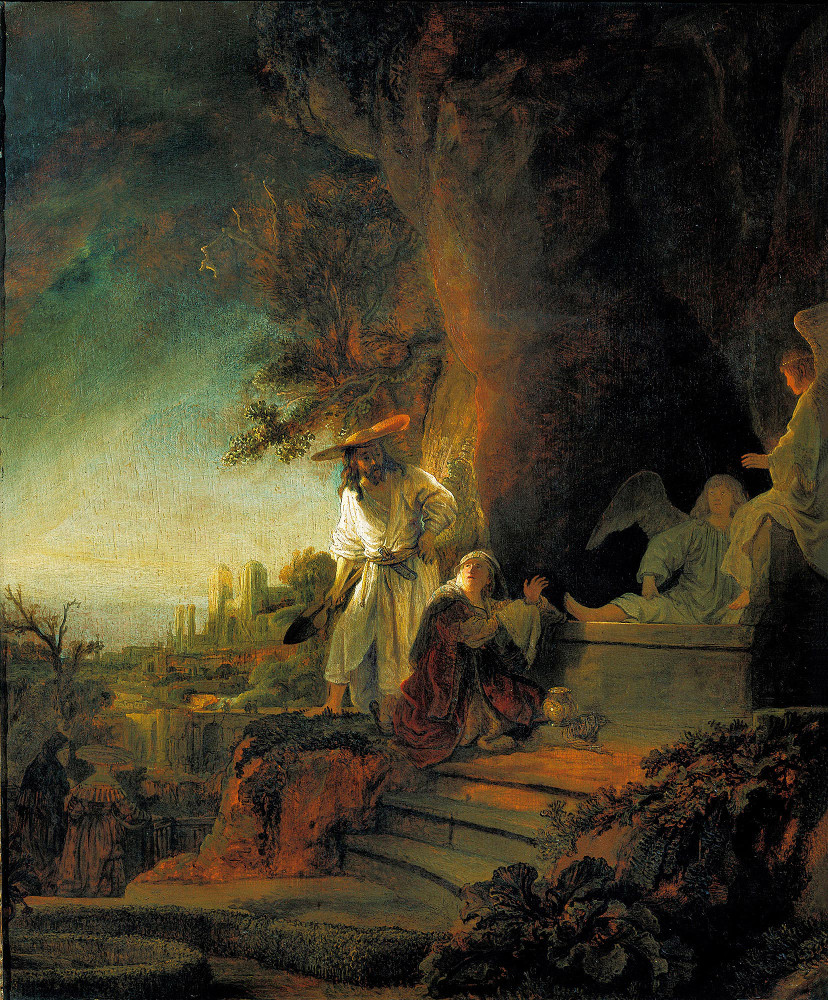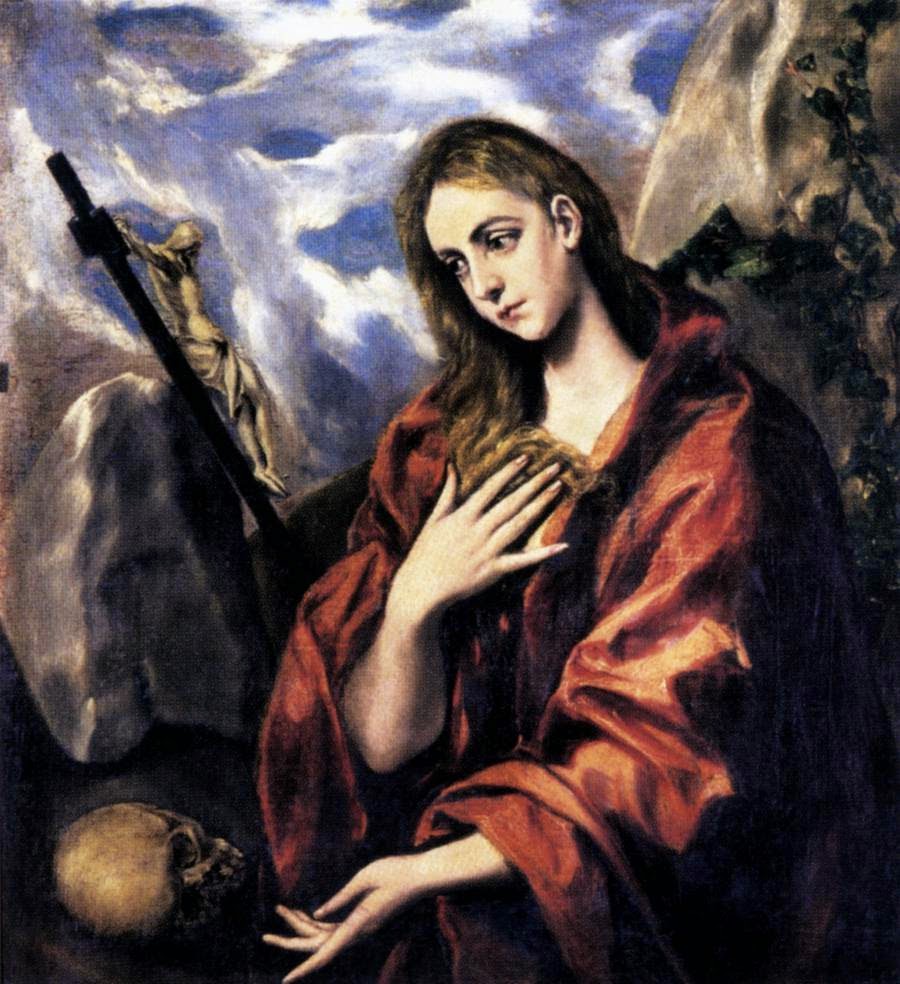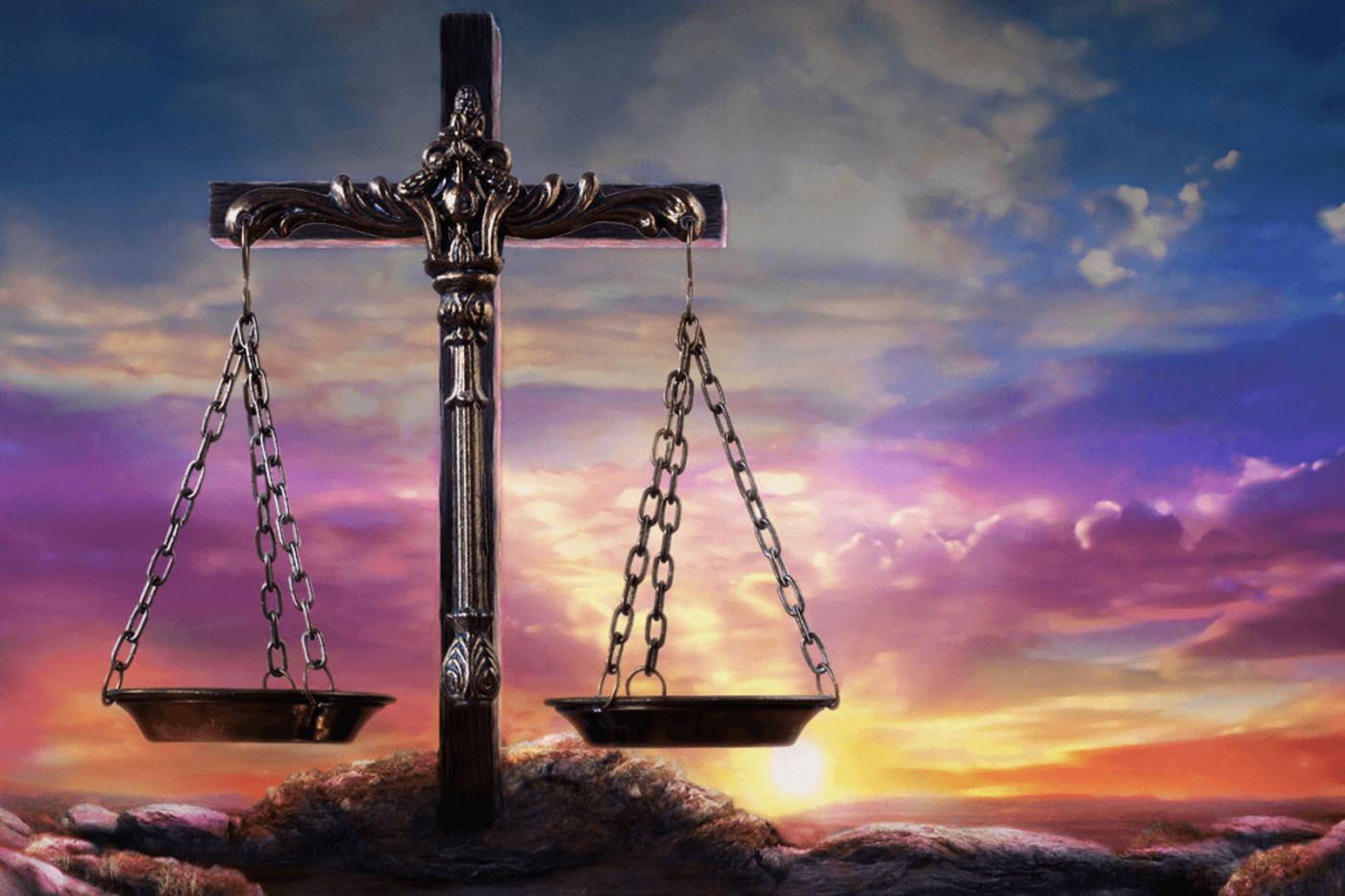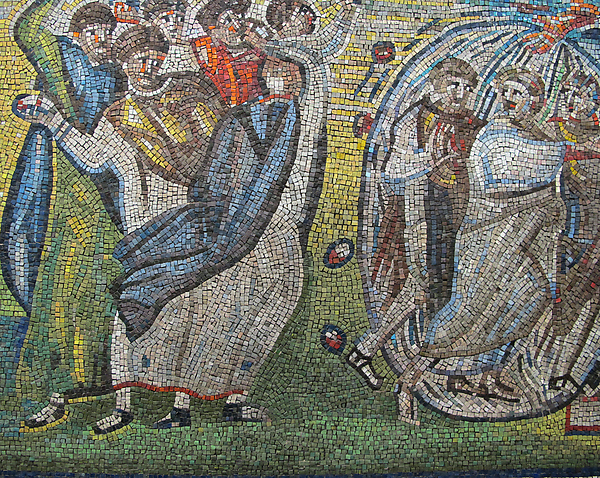* * * *

* * * *
July 23, 2024 – Monday, July 22, was the Feast Day for Mary from Magdala.
She is remarkable because she overcame a really bad reputation and went on to achieve Sainthood – and this despite the best (or worst) efforts of jealous male early-Church disciples. (Probably because she showed more courage than they did when it counted.) Put another way, the fact that she showed more courage seems to be why she got the reputation for a “sordid past.” But then there’s the opinion of St. Augustine, who referred to her as the “Apostle to the Apostles.” On that note see also Mary of Magdala | FutureChurch:
Mary of Magdala is perhaps the most maligned and misunderstood figure in early Christianity… Since the fourth century, she has been portrayed as a prostitute and public sinner… Paintings [of her], some little more than pious pornography, reinforce the mistaken belief that sexuality, especially female sexuality, is shameful, sinful, and worthy of repentance. Yet the actual biblical account of Mary of Magdala paints a far different portrait than that of the bare-breasted reformed harlot of Renaissance art.
The one indisputable fact seems to be that Mary Magdalene was both the first person to see the empty tomb and one of the first – if not the first – to see the risen Jesus.
Only one Gospel had a male disciple at the Crucifixion – “the beloved disciple” in John 19:25-27. But many women were there, as told in Mark 15:40: “Some women were watching from a distance. Among them were Mary Magdalene, Mary the mother of James the younger and of Joseph, and Salome.” And the beginning of John, Chapter 20 (up to verse 18) tells the full story of Mary Magdalene being both the first to see the empty tomb and the first to see the Risen Jesus. The short version? “Early on the first day of the week” Magdalene went to the tomb, saw it empty, then went to tell Peter and John. They checked out the tomb, then “went back to where they were staying.” But Mary – faithful Mary, of the lousy reputation – stayed, as noted in John 20:11-18. She saw two angels, then turned to see another man she took to be a caretaker:
Supposing him to be the gardener, she said to him, “Sir, if you have carried him away, tell me where you have laid him, and I will take him away.” Jesus said to her, “Mary!” She turned and said to him in Hebrew, “Rabbouni!” (which means Teacher). Jesus said to her, “Do not hold on to me, because I have not yet ascended to the Father. But go to my brothers and say to them, I am ascending to my Father and your Father, to my God and your God.’” Mary Magdalene went and announced to the disciples, “I have seen the Lord;” and she told them that he had said these things to her.
Which is why this Mary – from Magdala – is rightly known as the “Apostle to the Apostles.”
Another point, early writers may have mixed up this “Mary” with women of the same name, or even some unnamed woman. For starters, “Mary” was an very common name at the time of Jesus. This Mary was born in Magdala, thus her name: “Mary from Magdala,” or Magdalene. (It’s not clear where Magdala is, but most scholars assume it’s “the place the Talmud calls Magdala Nunayya,” or “Tower of the fishes.”) Or this Mary’s bad reputation may have come from a mix-up between her and the “unnamed sinner who anoints Jesus’ feet in Luke 7:36-50.”
Mary Magdalene, the anointing sinner of Luke, and Mary of Bethany, who in John 11:1-2 also anoints Jesus’ feet, were long regarded as the same person. Though Mary Magdalene is named in each of the four gospels … none of the clear references to her indicate that she was a prostitute or notable for a sinful way of life, nor link her with Mary of Bethany.
Then there’s the fact that this Mary “is always shown in paintings with her eyes red and swollen with weeping.” (Though not shown in the painting below.) Thus “the word ‘maudlin’ (the British pronunciation of ‘magdalen’) has come to mean tearfully or weakly emotional.” (See maudlin … Dictionary.com.) In other words, Mary’s surname became a cliche, and a nasty one at that.
From all this it seems that the story of “the Magdalene” shows a lot of Casting the First Stone. But as for me, I’m inclined to give all people a break and show some compassion. That way I can expect a break from God when my time comes. “For in the same way you judge others, you will be judged, and with the measure you use, it will be measured to you.” (Matthew 7:2.)
But is Mary’s story still relevant today? For one example, it’s hard to say what will happen over the next four months, but it’s possible – just possible – that America will elect its first woman president. And that despite the best efforts of jealous male rivals to “sully her reputation.” Unfortunately, despite the loving example set by Jesus, some things haven’t changed.
* * * *

* * * *
The upper image is courtesy of File: Rembrandt – The Risen Christ Appearing to Mary Magdalen. See also On Easter Season – AND BEYOND.
The Book of Common Prayer reference: The “corporate-mystical” prayer is on page 339, the post-communion prayer for Holy Eucharist, Rite I.
“Feast days” are designated days on the liturgical (church) calendar “set aside to commemorate events, saints, or doctrines that are important in the life of the Church. These can range from Solemnities, which are the highest-ranking feast days like Easter and Christmas, to optional memorials that celebrate lesser-known saints.” Feast Days: Celebrating the Church’s Calendar.
For this post I borrowed from 2015’s Mary Magdalene, “Apostle to the Apostles,” 2019’s On Mary Magdalene – and all those “rules and regulations,” from Mary Magdalene, 2020 – and Week 19 of “the Covid,” and from On “Saint” Mary Magdalene – 2021. The 2015 post noted some other reasons people may not have believed her account, which I thought “just goes to show the importance of the interactive – if not the mystical – part of your walk toward Jesus. (Pursuant to John 6:37.) In the end there’s simply no way to prove the existence of either God or Jesus, with enough courtroom evidence to convince the most jaded of skeptics. In the end it comes down to faith and experience.
Apart from scripture, experience is the strongest proof of Christianity… Although traditional proof is complex, experience is simple: “One thing I know; I was blind, but now I see.”
On that note see Wesleyan Quadrilateral – Wikipedia, or the 2015 post itself for more
Re: John 19:25-27: “Near the cross of Jesus stood his mother, his mother’s sister, Mary the wife of Clopas, and Mary Magdalene. When Jesus saw his mother there, and the disciple whom he loved standing nearby, he said to her, ‘Woman, here is your son,’ and to the disciple, ‘Here is your mother.’ From that time on, this disciple took her into his home.”
Re: “Casting the first stone.” From John 8:7, see also He Who Is Without Sin Cast the First Stone – Christianity, which included this thought:
God’s law was not given to Israel as a weapon for justifying personal agenda but as a blueprint for glorifying the Lord, to give directions for living life as holy people set apart for God, and as a guide for loving one another well.
The lower image is courtesy of Mary Magdalene – Image Results. This image went with a page on “Penitent Magdalene by El Greco (1590),” with text, “Working with the same theme and with the same traditional symbols (skull and crucifix), El Greco manages to probe even deeper into Mary’s self abasement through his characteristic ‘mannerist’ style.” For other versions see Penitent Magdalene (El Greco) – Wikipedia or Google “Penitent Magdalene by El Greco.” (To see a painting “with her eyes red and swollen with weeping” see 2015’s Mary Magdalene, “Apostle to the Apostles.”)
* * * *



